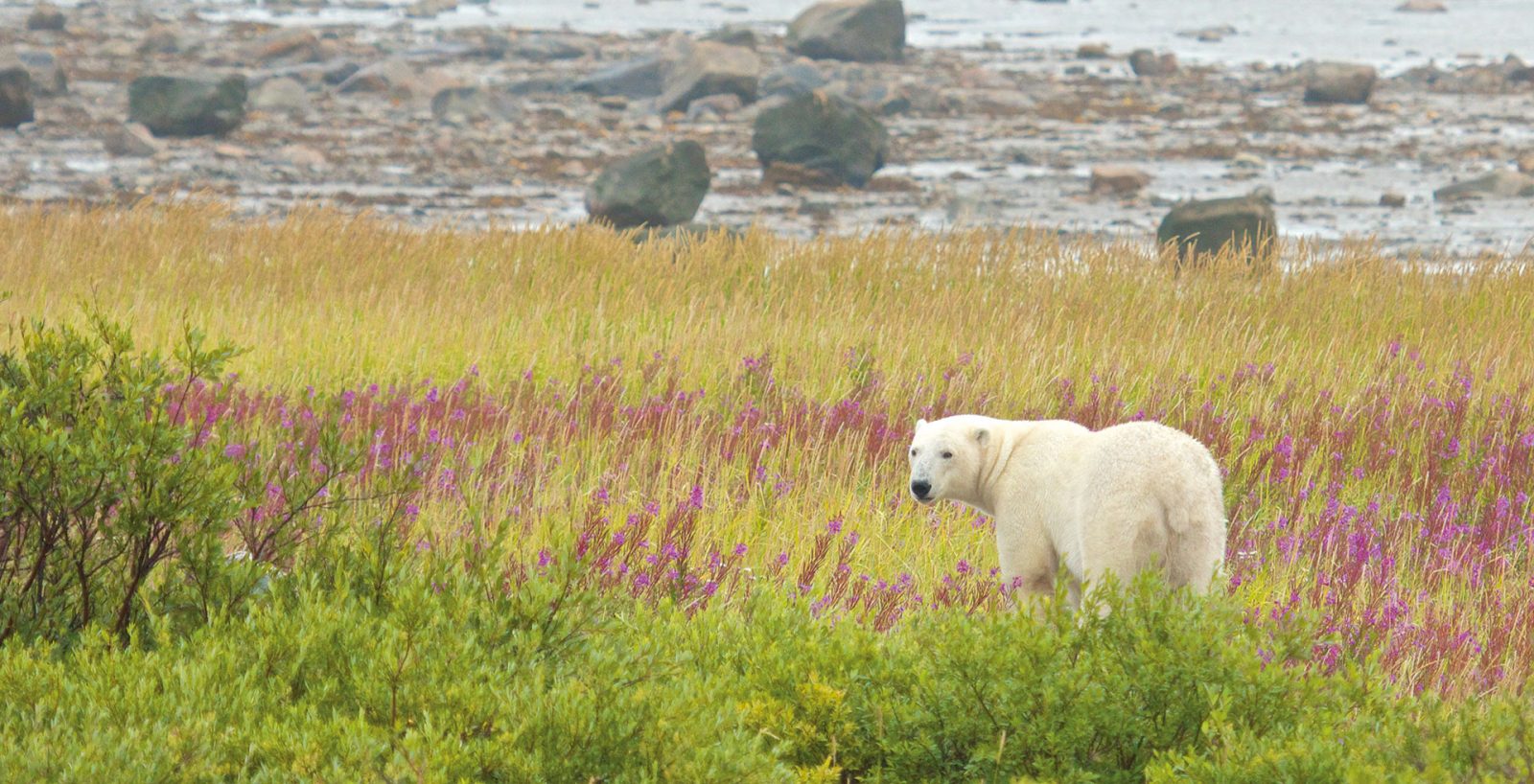WildLife Foundation are pleased to support the Ol Jogi Conservancy to assist with building the security capacity to support rangers in maintaining and enhancing the protection of the Conservancy’s black and white rhino populations.
Situated at the foothills of Mount Kenya, Ol Jogi Conservancy is home to many endangered wildlife species. Established in 1980, it is one of the oldest conservancies in the Laikipia region of Kenya. Ol Jogi is a stronghold for the Critically Endangered Eastern black rhino subspecies (Diceros bicornis michaeli) and also supports a population of Southern white rhinos (Ceratotherium simum simum). The dedicated rhino conservation efforts at the Conservancy have made it one of the most successful breeding programmes in the country, contributing many rhinos to the national population by helping to restock areas where numbers were dwindling.
In the 1970s, Kenya’s rhinos suffered heavy losses to poaching, reducing their numbers drastically. In addition to the poaching threat, human population growth has left very little space for Kenya’s rhinos to recover. Kenya’s wildlife authorities’ long-term aim is to increase the country’s black rhino population to 2,000 animals and so they are working with conservancies like Ol Jogi to create and grow large-scale new habitats with round-the-clock protection.
For more than 30 years, the Conservancy saw great success in anti-poaching. Ol Jogi Conservancy did not lose a single rhino to poaching between 1980 until 2012. But as the recent poaching crisis escalated in the mid-2000s, the threat has heightened and Ol Jogi suffered a number of attacks from poaching gangs. To combat the threat of poaching, Ol Jogi responded by increasing its security measures across the Conservancy to protect its rhinos and other wildlife. A dedicated team, composed of highly-trained rangers, patrols the Conservancy on foot every day, as well as using aerial surveys, a canine unit and other tools to monitor and protect Ol Jogi’s rhinos. The task of protecting rhinos remains a formidable challenge; it is essential that rangers are well supported, have the correct equipment and comfortable accommodation, so that they maintain high levels of job satisfaction and are always ready to respond to emergencies.
2018 proved a busy year for Ol Jogi, with many projects initiated thanks to the support of Save the Rhino International and our donors, including WildLife Foundation.
Our grant has helped Ol Jogi be able to order new thermal-imaging equipment to improve their security systems. Poaching often takes place under the cover of darkness, requiring innovative technology such as thermal imaging to help detect such illegal activities at night. Much of the Conservancy’s then-existing thermal-imaging and night-vision equipment was bought more than five years ago and was no longer working at an optimum level. The new equipment has significantly improved the rangers’ ability to survey and patrol the land at night, which is paramount to being able to protect Ol Jogi’s rhinos and other wildlife from the threat of poaching.
A grant has also been place to help enable Ol Jogi to install a new remote camera system at the Conservancy. This system serves to monitor wildlife movements and also to detect any intruders – further improving its security capacity.
In addition to the imaging equipment, all of Ol Jogi’s rangers were issued with new uniforms in 2018, thanks to the support of a range of donors. Uniforms are vital pieces of kit, ensuring rangers are adequately equipped to carry out their patrolling and monitoring activities safely and to the best of their abilities. The new uniforms have also improved the comfort of rangers working in often harsh conditions, which has helped to increase rangers’ moral, motivation and pride in their work.
Ol Jogi Conservancy has a distinguished tracker dog team, being the first Kenyan conservancy to deploy anti-poaching dog units back in 1989, when they imported a team of Belgian Malinois. These lessons have now been put to great use in neighbouring rhino sanctuaries and in other projects across Africa. Ol Jogi’s formidable canine unit is an asset that includes night-vision, acute hearing and a keen sense of smell, aiding the ranger teams in protecting the rhino and other wildlife. They are also called upon to assist in following up criminal activities in local communities, building trust and support for Ol Jogi’s work. In 2018, Ol Jogi’s kennels were completely renovated, improving the dogs’ accommodation, installing new fencing and improving drainage around the facility. The refurbished kennels now provide a more hygienic and efficient base for the Conservancy’s canine unit, and, as a result of the upgrades, fewer veterinary interventions have been required for the dogs in the team.
The Conservancy has also embarked upon the renovation and construction of all its rangers’ houses. Initially, Ol Jogi sought assistance to renovate the roofs of the existing accommodation, many of which were leaking whenever it rained. However, when Ol Jogi’s Project Manager and Workshop Manager went to assess the houses, they found that many of them were structurally damaged. Most of the rangers’ houses were built in the 1980s, comprised of a combination of local sand and cement with thatched roofs, and were in danger of becoming completely uninhabitable.
The structurally-damaged houses are therefore being replaced by new buildings constructed from sand-bags. The sand-bag design creates accommodation that is insulated and bullet-proof, contributing both to the comfort and security of the rangers. Furthermore, they allow the harvesting of rainwater from the new corrugated iron roofs. Each new building, capable of housing two rangers, will also incorporate a small kitchen area, shower block and ablution block. The first houses are now almost complete, and once finished they will be assessed to determine if the design is suitable to replace the rest of the existing accommodation.
Ol Jogi is maintaining its reputation for strong anti-poaching measures. Daily rhino-monitoring patrols and nightly anti-poaching surveys take place throughout the year, ensuring the Conservancy keeps a close track of its rhino population and maintains high vigilance to detect and deter potential poachers. Every individual rhino on the Conservancy’s land is sighted each day, with rigorous protocols in place to find a rhino should it not be spotted.
In addition to ground-based patrols, Ol Jogi employs aerial surveillance to assist with rhino monitoring efforts. In the event of any security emergency, Ol Jogi’s aircraft is ready to be deployed across the Conservancy, where the skilled rhino monitors can assess and account for all of the rhinos.
The Conservancy rapidly responds to rhinos that require veterinary interventions, whether it be caring for orphaned calves or treating injuries. In 2018, three rhinos sustained injuries due to fighting. Thanks to the efficiency of the Ol Jogi team, each rhino was immobilised and treated, and all three made full recoveries, returning to contribute to the breeding population.
To stay at the forefront of conservation, and ahead of the poachers, rangers receive annual training to hone their skills. Going beyond training in military tactics, the rangers are also taught first aid and field-craft techniques, which will not only lead to anti-poaching successes but will also greatly enhance their safety and welfare.
Ol Jogi Conservancy is reaping the benefits of the team’s hard work and determination and is setting the example for successful rhino conservation in Kenya.
We are delighted to pledge our support to the heroic work of rangers at Ol Jogi Conservancy in Kenya. The funds Yorkshire Wildlife Park have donated have significantly improved the ability of Ol Jogi’s rangers to see at night, which is paramount to being able to protect the Conservancy’s rhinos and other wildlife, as well as to improve the Conservancy’s security measures through a new camera system!
Your generous donations allow us to keep supporting incredible causes and establishments such as Ol Jogi Conservancy, to continue this work donate today.











